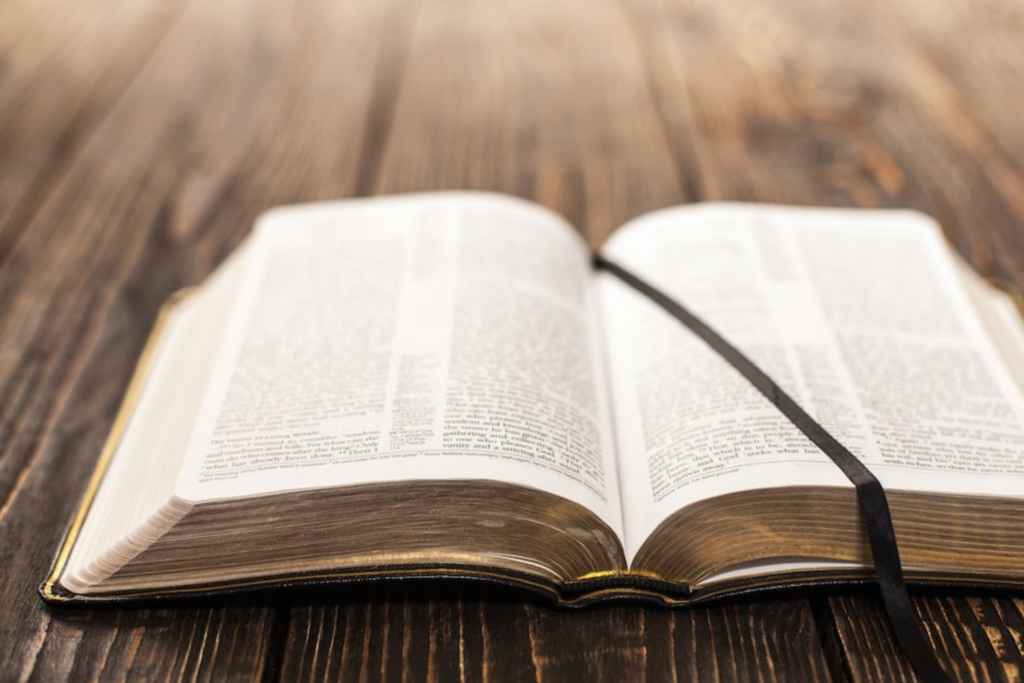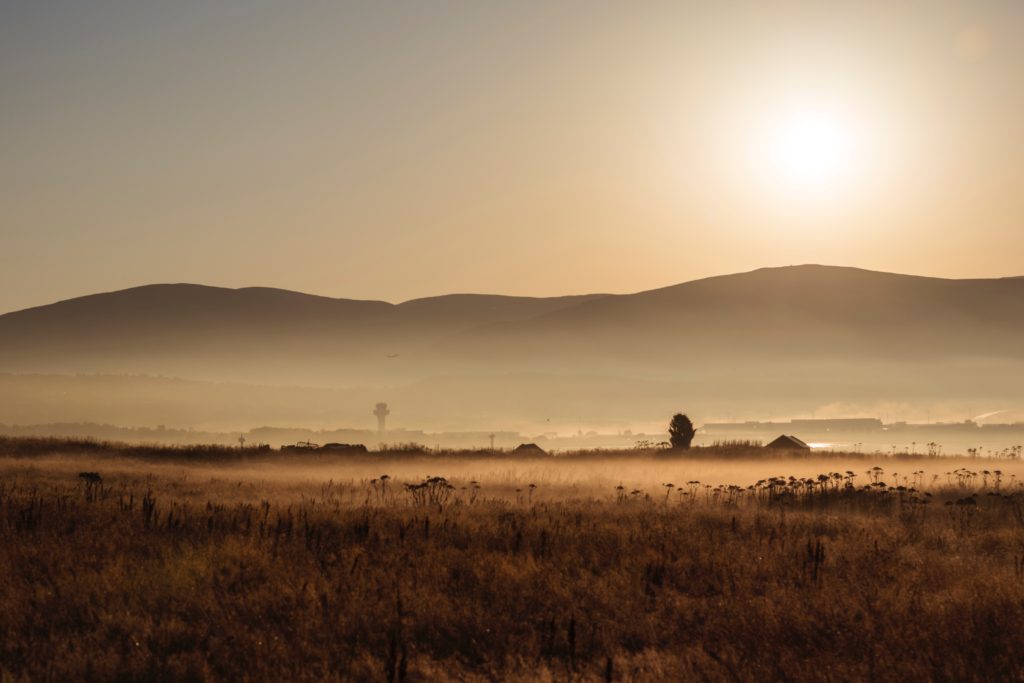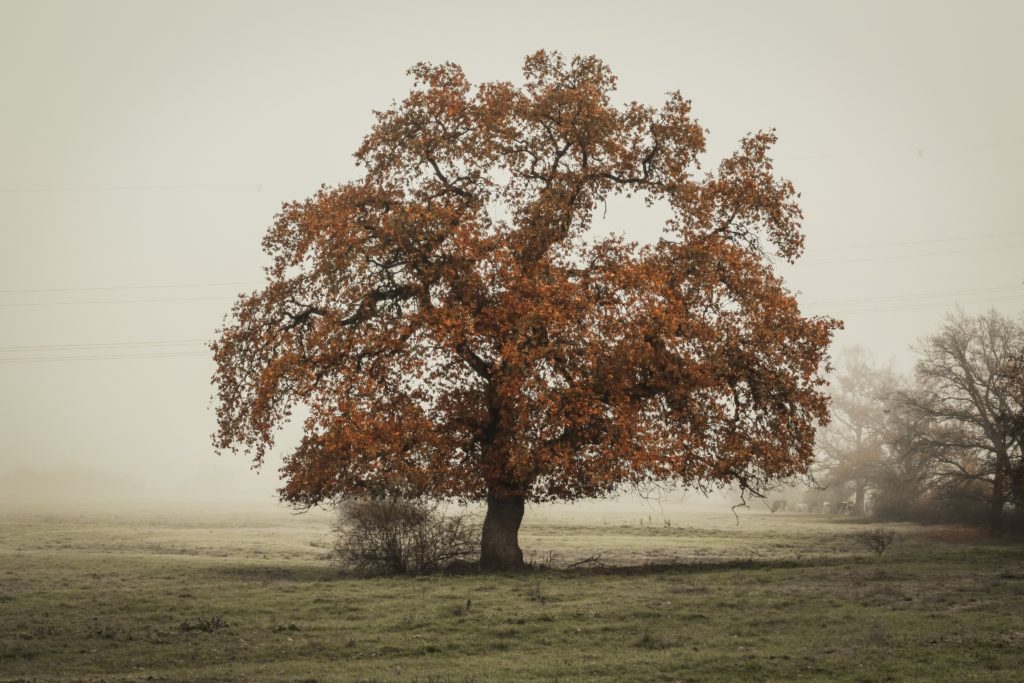
Facebook. We’re either all in or want nothing to do with it. Lately, I’ve been thinking about how much time I spend on it. I’m not knocking Facebook at all. I think it’s an ingenious social media tool, if used wisely.
But I find myself scrolling for fifteen minutes at a time or more reading posts and looking at pics, “liking” this, getting upset over that. Sometimes feeling frustrated that I just wasted fifteen minutes or more. But I continue to check in periodically. Let’s tell the truth, many of us do. I’ve even vowed to stay away but when I find myself procrastinating on what I should be doing or have a little down time here and there, I tap on my Facebook app.
Facebook allows us to present our best side but it’s just a snapshot, at most. We have control over what people know and what they see. The real “us” is facing the screen, not plastered on Facebook. And we know it.
Some use Facebook to create a self they’d like to be and some are what my husband calls Facebook preachers, always telling people what they should be or shouldn’t be doing. Others are blatantly rude, publically threaten to “unfriend” anyone who sends them another Candy Crush game request or they let everybody know they’re purging people from their friend list instead of just quietly doing it. I never quite understood that one.
Facebook is making us act weird. I don’t want to be weird like that. That’s why I’m writing this post as a reminder.
But more important than acting weird to me is the question of priorities and time well spent. As I get older, the reality of the brevity of life sinks like a heavy weight in my soul.
Facebook serves as a reminder to constantly question who I really am and what I should be doing with my time, and ultimately, with my life. Spending time on Facebook isn’t going to really help me answer those questions. But sticking my face in another book will.
We can go around reading what others have to say about us, life, or God or we can go straight to the source who created us. I opt for the latter because we’re all really just searching for those honest-to-goodness answers that only He can provide.
The Bible is uncanny in reflecting an accurate image of us, and simultaneously providing the wisdom to transform that image as well.
It’s always time to face the book.
 I woke up this morning, looked out my window and was struck by the blanket of snow covering everything. Pure, milk-colored snow. I was expecting it but when I actually saw it, its beauty captivated my eyes. And it reminded me of God. The way He suddenly changes things in our lives. Suddenly, the waiting is over. Suddenly, the pain is over. Suddenly, hope shoots up like Spring in our hearts. Suddenly, God…
I woke up this morning, looked out my window and was struck by the blanket of snow covering everything. Pure, milk-colored snow. I was expecting it but when I actually saw it, its beauty captivated my eyes. And it reminded me of God. The way He suddenly changes things in our lives. Suddenly, the waiting is over. Suddenly, the pain is over. Suddenly, hope shoots up like Spring in our hearts. Suddenly, God… Meditation Verse: Thus says the LORD, Stand you in the ways, and see, and ask for the old paths, where the good way is, and walk in it, and you shall find rest for your souls. But they said, We will not walk in it. (Jeremiah 6:16)
Meditation Verse: Thus says the LORD, Stand you in the ways, and see, and ask for the old paths, where the good way is, and walk in it, and you shall find rest for your souls. But they said, We will not walk in it. (Jeremiah 6:16) Truth is I’m not a smartphone game app player. In fact, I’ve never downloaded one to my phone. I mean, really. Ain’t nobody got time fo’ dat! Insert smile. I prided myself on holding out on those timestealers but my curiosity got the best of me. Which one did I gravitate towards? Angry Birds, of course. And so have over a billion other users.
Truth is I’m not a smartphone game app player. In fact, I’ve never downloaded one to my phone. I mean, really. Ain’t nobody got time fo’ dat! Insert smile. I prided myself on holding out on those timestealers but my curiosity got the best of me. Which one did I gravitate towards? Angry Birds, of course. And so have over a billion other users. Meditation Verses: By the rivers of Babylon, there we sat down, yea, we wept, when we remembered Zion. We hanged our harps upon the willows in the midst thereof. For they that carried us away captive required of us a song; and they that wasted us required of us mirth, saying Sing us one of the songs of Zion. How shall we sing the LORD’s song in a strange land? (Psalm 137:1-3)
Meditation Verses: By the rivers of Babylon, there we sat down, yea, we wept, when we remembered Zion. We hanged our harps upon the willows in the midst thereof. For they that carried us away captive required of us a song; and they that wasted us required of us mirth, saying Sing us one of the songs of Zion. How shall we sing the LORD’s song in a strange land? (Psalm 137:1-3) 1 Chronicles 29:6-9; Ephesians 4:11-16.
1 Chronicles 29:6-9; Ephesians 4:11-16. Hebrews 9:1-9; Judges 1:9-15
Hebrews 9:1-9; Judges 1:9-15